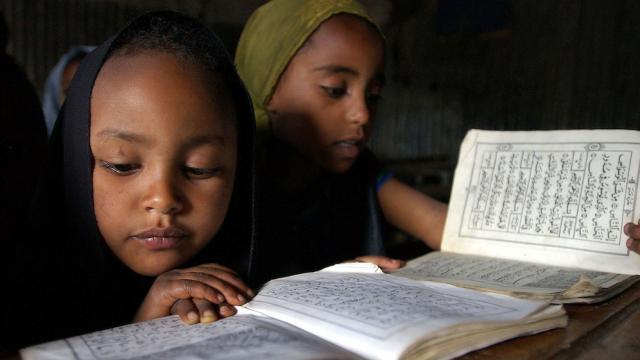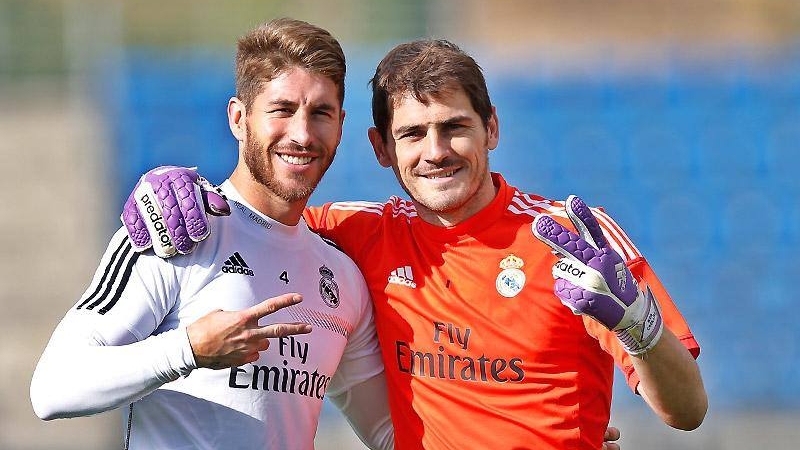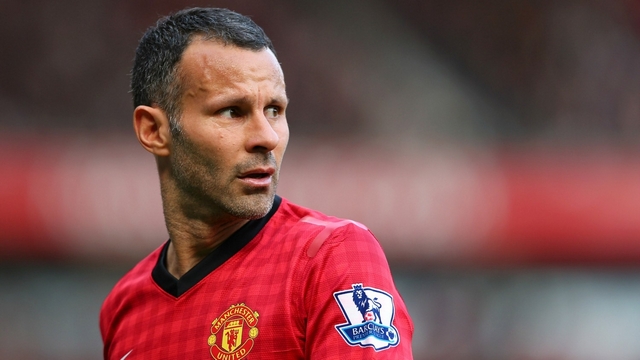Given support that Islam and bloodshed are not synonyms, huge majority of young diaspora Muslims are likely to snub radicalism on their own.
It has been almost five years since a 26-year old boy from Minneapolis named Shirwa Ahmed blew himself up in the northern Somalia, sending shivers up American spines about young migrants from war- afflicted Muslim countries, who were turning into extremists. There were unverified reports that American Muslims may have been amongst the gunmen who raided Nairobi’s Westgate shopping mall and undoubtedly revitalized the worries of the enemy inside.
The jihadis reportedly singled out non-Muslims for mass murder by asking them the name of the Prophet’s mother – a test that I would not have passed.
While Islamist recruiters stay vigorous, officials account far lesser numbers on the route back to the terror war at home than it was five years back. Reportedly, the Justice Department challenged in a militancy-related case that more than 20 men had left Minnesota for Somalia since 2007 to join the Shabab. In the meantime, the diaspora in Minnesota sends a stable flow of payments to relatives in Somalia, along with headship and suggestion for the country’s weak new government. Cedar-Riverside, the Minneapolis district known as Little Somalia, considers incorporated and secure. In short, and in spite of the tragedy in Nairobi, there is basis to anticipate that the generation of young Somalis whom some Americans dread might really be one of Somalia’s best hopes for a secure future.
That change is somewhat a consequence of changes in Somalia: African Union soldiers pushed out the Shabab from Mogadishu, the capital, in 2011 and stay as pacifists. Kenya’s military participation in the African Union action come outs to be the Shabab’s major reason for the Westgate bloodbath. A voted government rules with United Nations support. Though the Shabab still rule much of the countryside and an infrequent bomb blast in the capital, Mogadishu is being reconstructed; its beach-side restaurants have been over crowded on weekends, as have been homeward bound flights.
But the key motor of transformation in Somalia has been Somalis themselves, and their connections between home and exile. Evocatively, several of the new government’s cabinet ministers are returned exiles. Total payments from diaspora communities, in addition, dwarf international support. In the Twin Cities the main source for those payments has been Somali-owned businesses: Hundreds were operational there in 2012.
Not all is glowing in the Twin Cities, certainly. Many Somalis there reside in inexpensively trivial communities and, as in another place, some youngsters join criminal lane gangs. So law enforcement officials yet gaze to see if some will turn to jihadism.
After all, as per experts, the purpose for joining a street gang and for turning as a jihadi can be alike – usually, a disturbed boy’s frantic desire for individuality and value. The Shabab means ‘the youth’ in Arabic.
But if young people are vulnerable, their flexibility can cut both ways. And there appears to be many more determined young Somalis who grab chances for work and education, and take on Western morals. Reportedly, an online forum Open Democracy posted a Wake Forest University student’s report of a poll surveying Somalis in their late teens and 20s in 38 countries. Of 700 respondents, 87 percent said they had a degree or were working toward one, and 37 percent said they had returned to Somalia in the last five years. Although irrational, the study indicates at the regard in which hopeful Somalis hold knowledge, as well as at an unrelenting interest in their native soil.
One example Nimco Ahmed, a Minneapolis official and a Democratic Party stalwart who works with marginalized communities, she frequently gets back to Somalia. Her passion to be successful as an American has made her locally well-known. Yet she was a high-school friend of Shirwa Ahmed, before he turned a militant.
There are similar tales in Britain, home to hundreds of thousands of Somalis. The United States Embassy in London has reached out to that city’s Elays association of young Somali activists, who make films about tackling with impediments that comprise chauvinism and typecasts. The embassy trained them in broadcasting their endeavours with the motto, ‘That’s not our jihad.’
Reaching out to the young before militants do – is definitely a solution to argue against radicalization. So Americans speculating how to tackle the marginalization of young Muslim migrants may observe what their own country’s embassy in Britain, and many Somali-Americans in Minnesota, are by now doing.
Both bet their expectations on a simple, imaginative principle – Given prospects, backing and recognition that Islam and bloodshed are not synonyms; the huge majority of young diaspora Muslims are expected to snub radicalism on their own.





